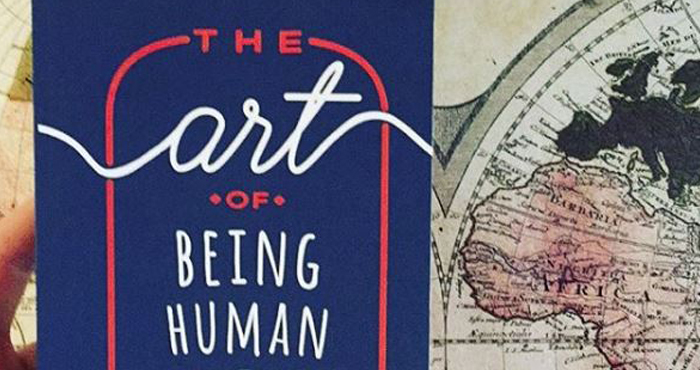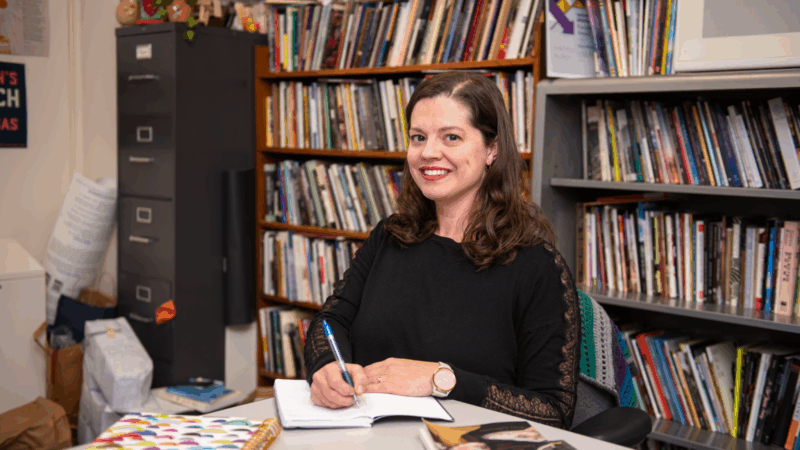K-State anthropology professors create their own textbook to meet students’ needs.
Finding affordable textbooks remains one of the most daunting challenges students face in their college career. With some courses requiring multiple textbooks, costs can add up quickly. And with most students’ budgets already stretched thin, incurring any extra costs can be extremely stressful. Realizing this issue, two K-State professors wanted to help.
Dr. Jessica Falcone and Dr. Amber Neely decided to use open-source materials to construct their textbooks for the anthropology department’s introductory courses. They created the textbook through K-State’s Textbook 2.0 program. Textbook 2.0 is also referred to as the alternative textbook program, in which professors create their own course content and resources to save students money on required classroom resources. “This past semester, Dr. Neely and I both ditched our textbooks and went out and looked for quality, open-source material that would enable us to piece together high-quality materials for our courses,” Falcone said. “Therefore, instead of asking our introductory students to buy books, we were able to curate excellent open-source materials from other colleagues in our disciplines and give them to our students for free.”
“The alternative textbook program has awarded some of our faculty small grants that enabled them to spend time over the summers reworking syllabi to find open source or open access readings or, in some cases, to write their own free textbooks,” said Falcone. “As of fall 2020, all of anthropology’s introductory courses — Introduction to Biological Anthropology, Introduction to Cultural Anthropology, Introduction to Linguistic Anthropology and Introduction to Archaeology — are designated open/alternative textbooks, and thus our students do not have to buy any books for these courses.”
The student is at the heart of Textbooks 2.0 and Falcone wanted to be sure and emphasize how important it is to help students save money on books. “We are proud of our commitment to keeping costs down, and our students have told us how much they appreciate it,” Falcone said. “The Textbooks 2.0 program has certainly made it possible for us to save our students from having to buy expensive textbooks from corporate publishers.”
Falcone also wanted to recognize her fellow colleagues who utilized Textbooks 2.0, “Myself and Dr. Neely aren’t the only ones who have been committed to this program,” Falcone said. “As part of the program, Dr. Wesch wrote his own free textbook, and Dr. Alfonso-Durruty wrote her own materials as well. Their work has enabled their introductory students to save money semester after semester.”



